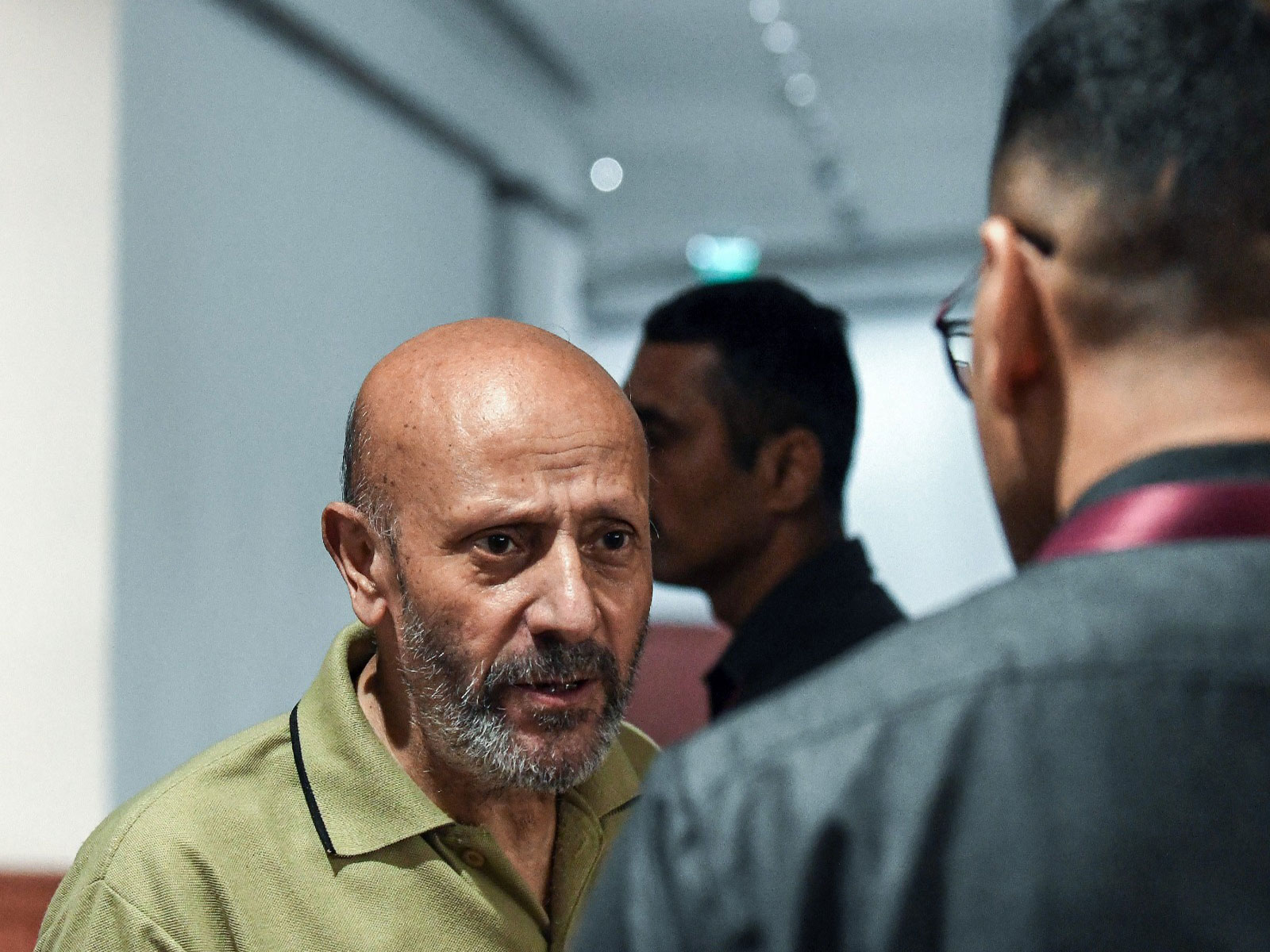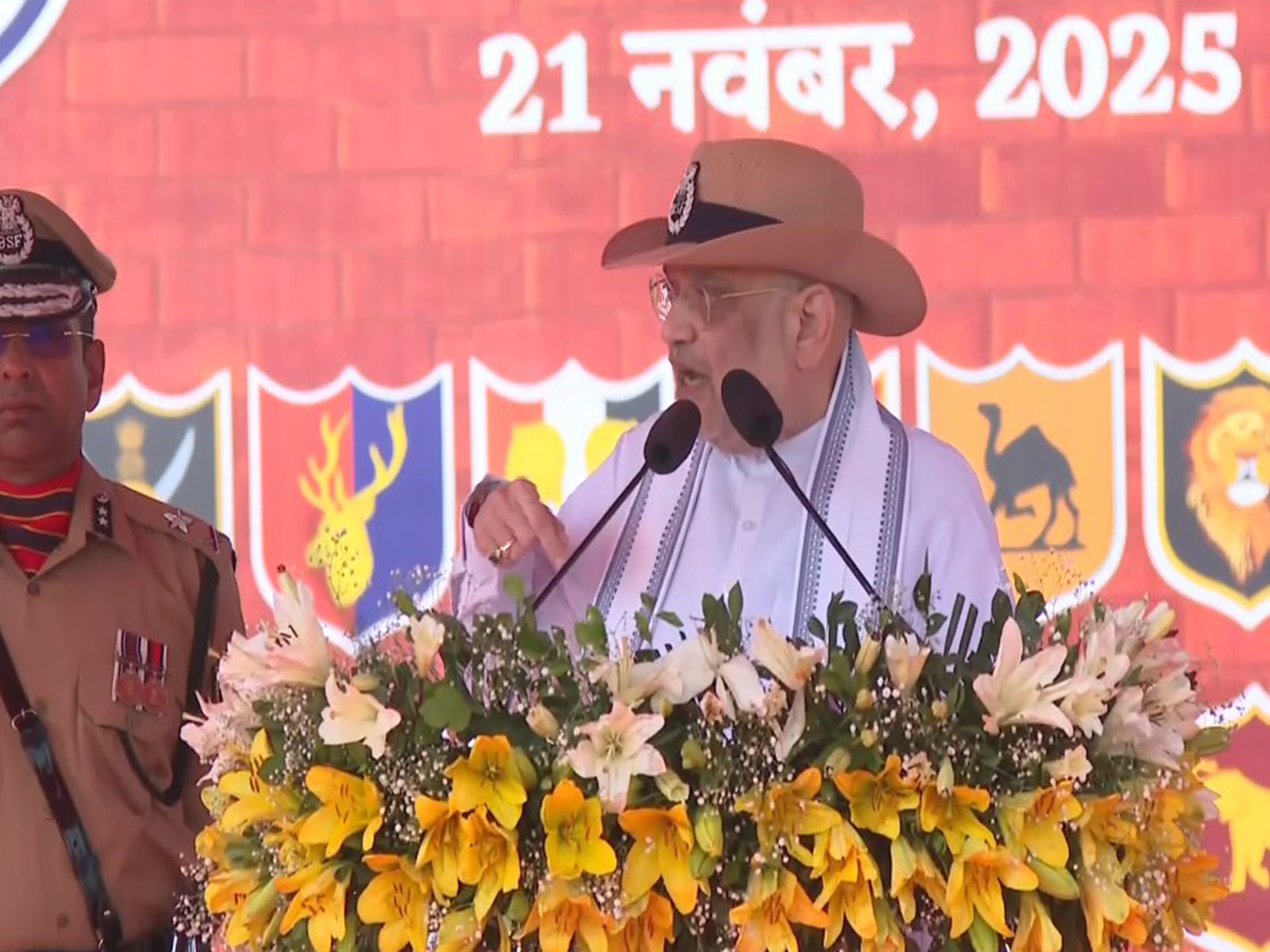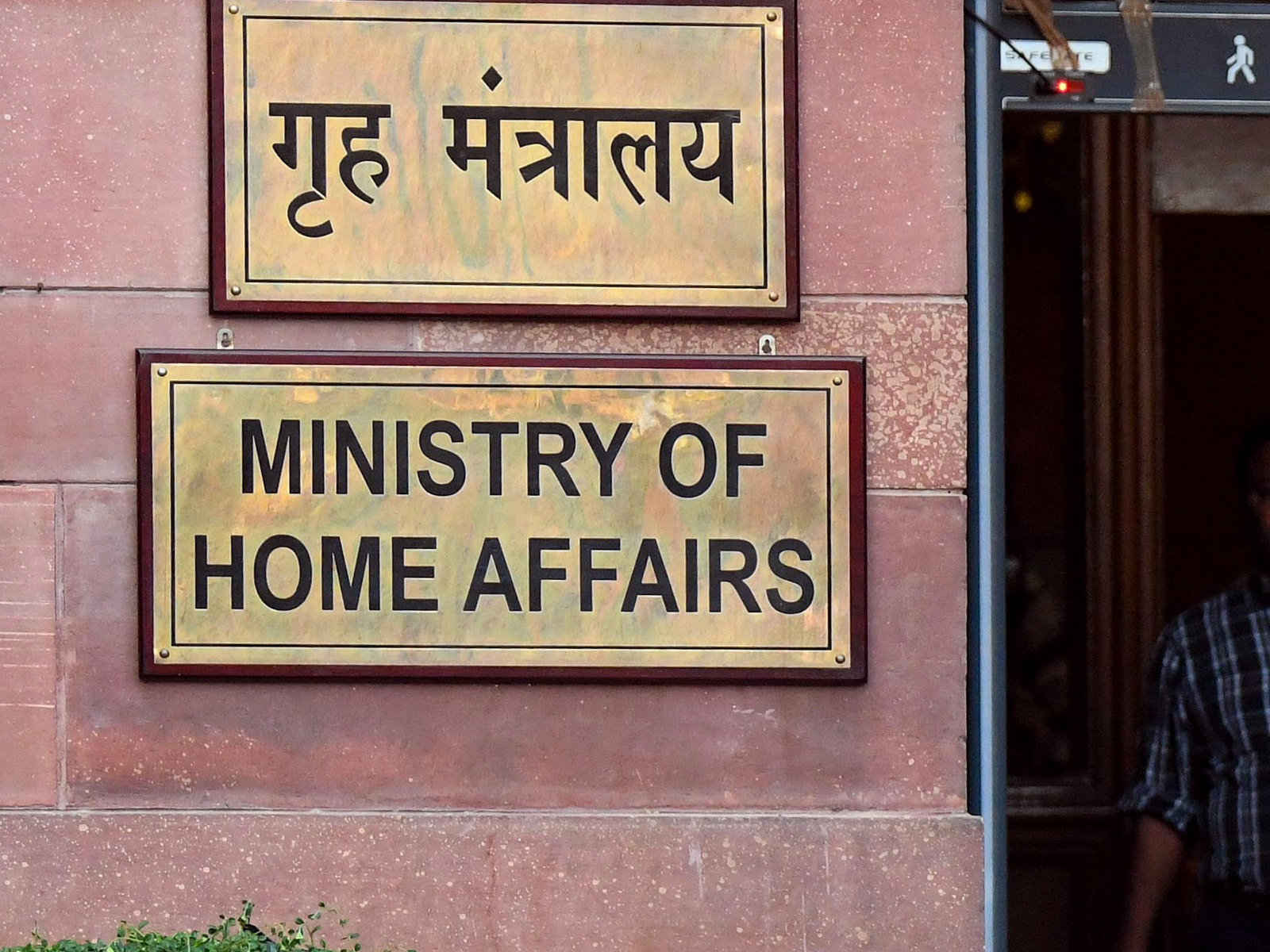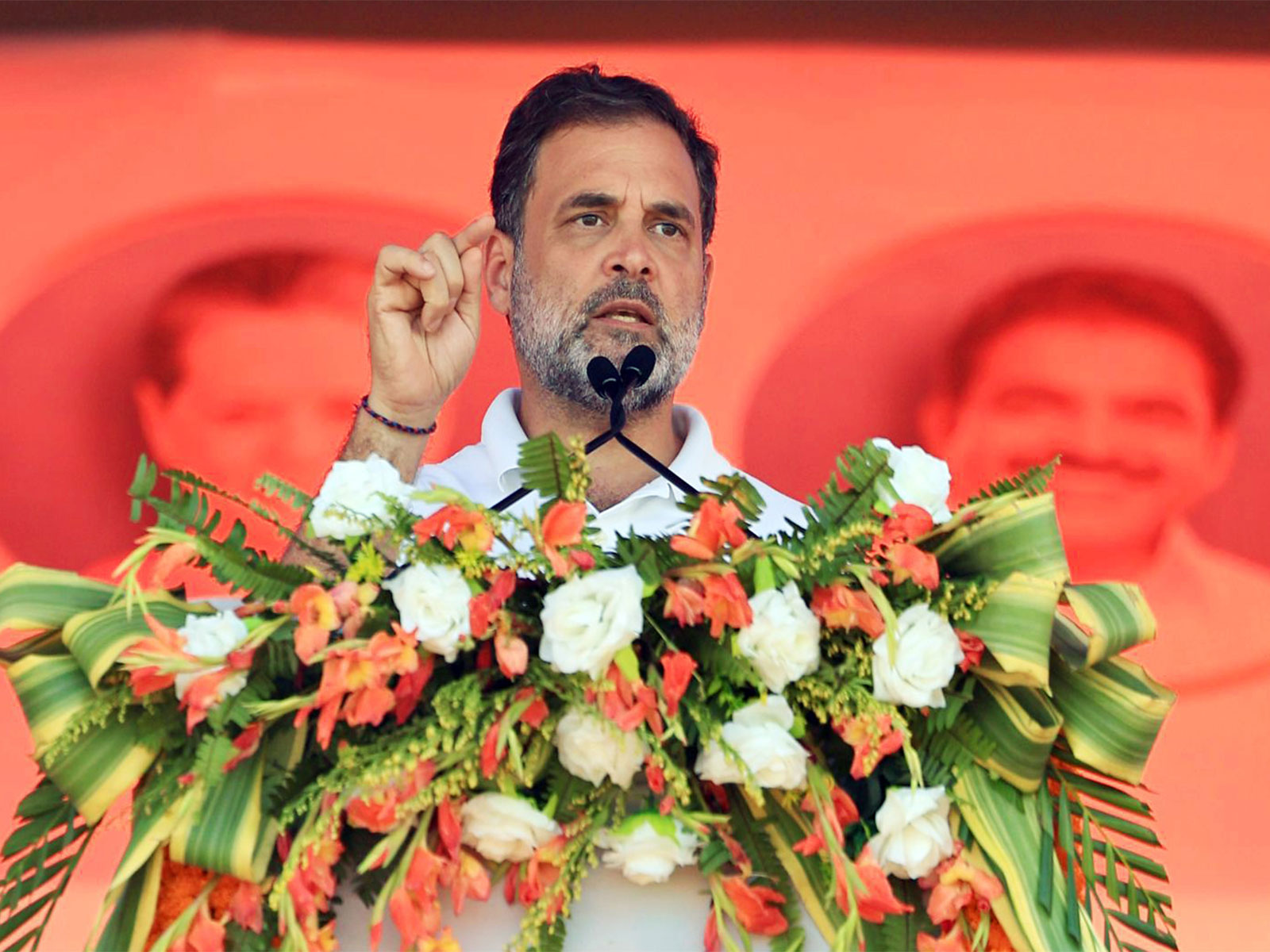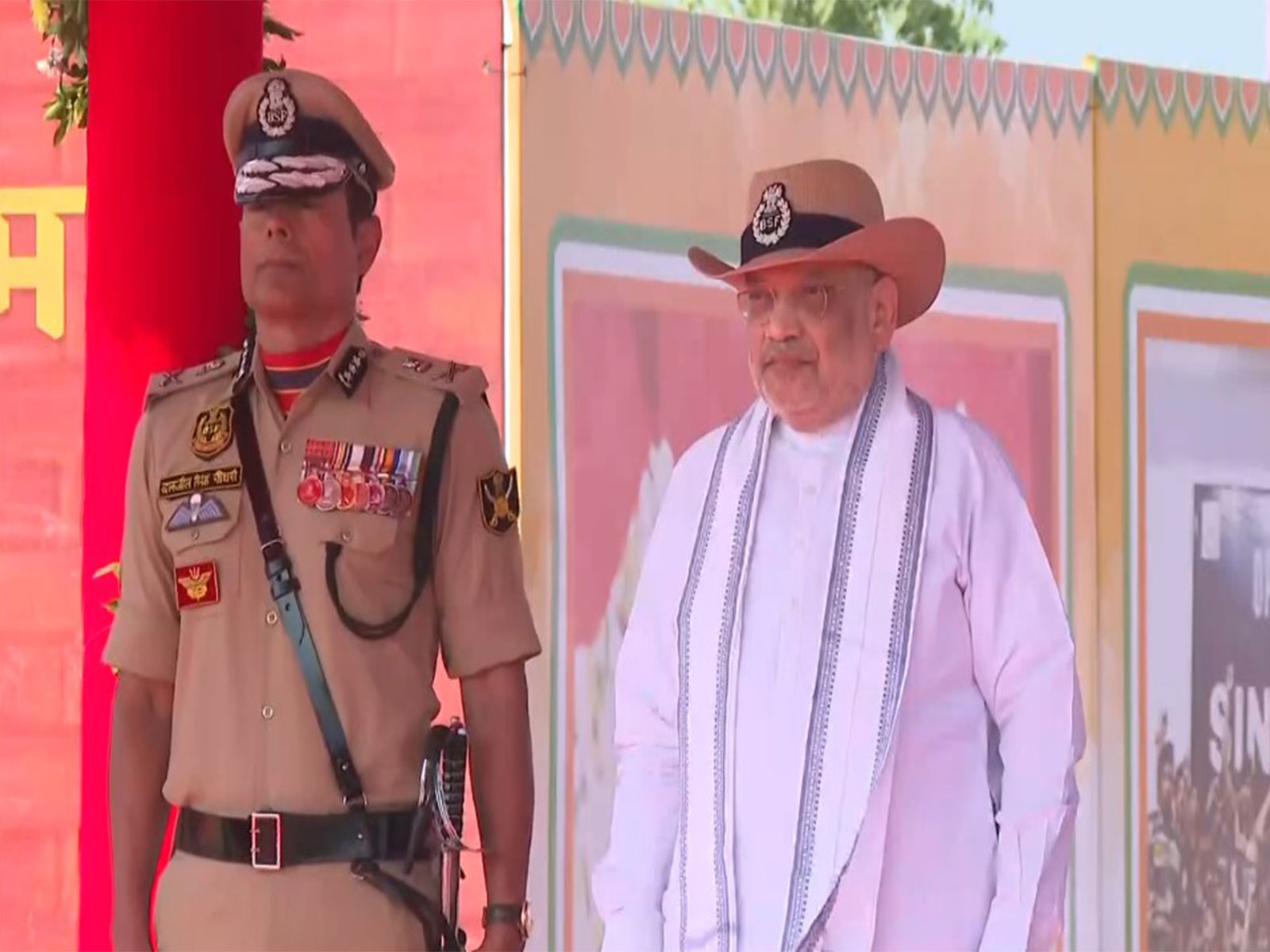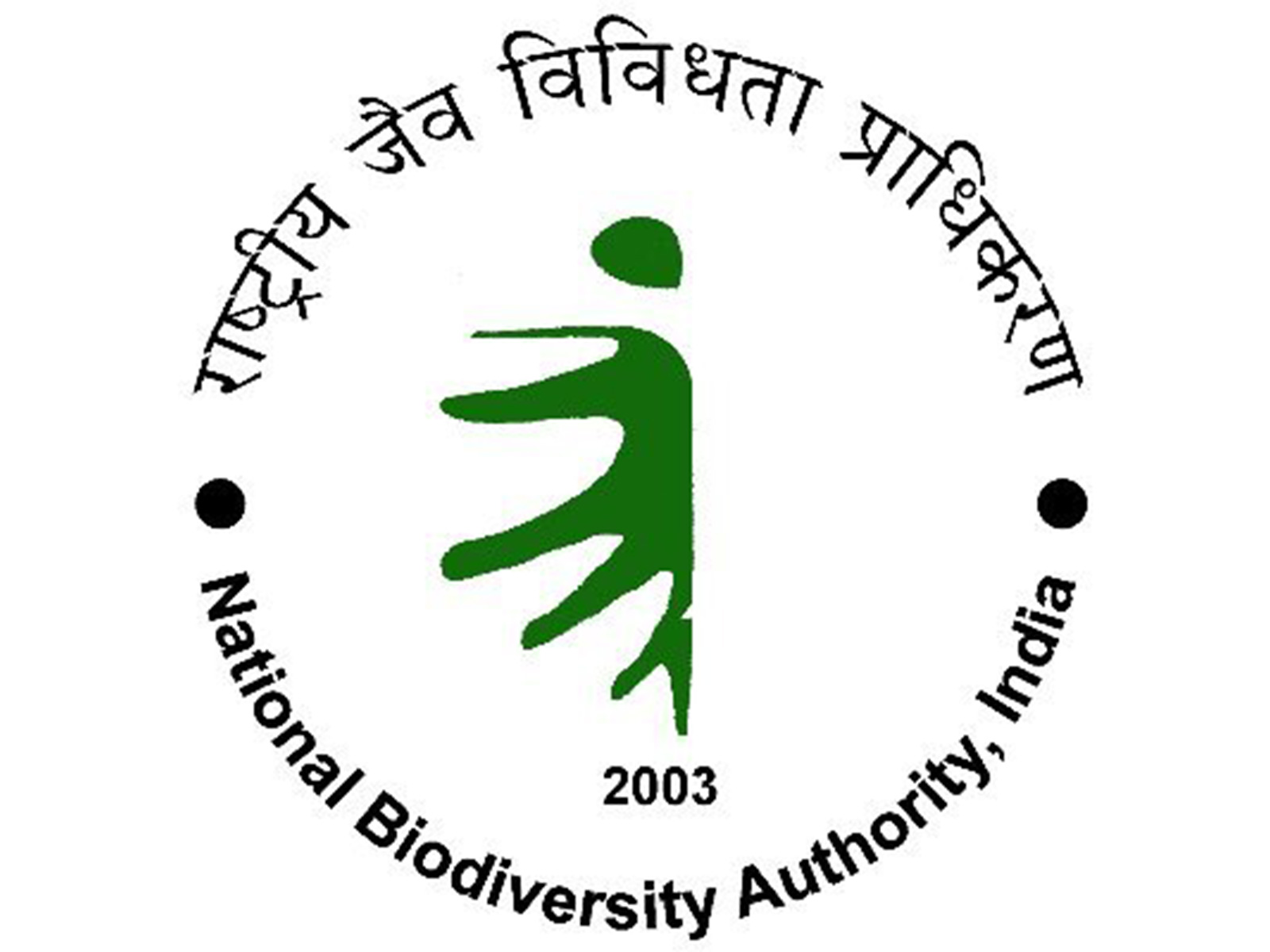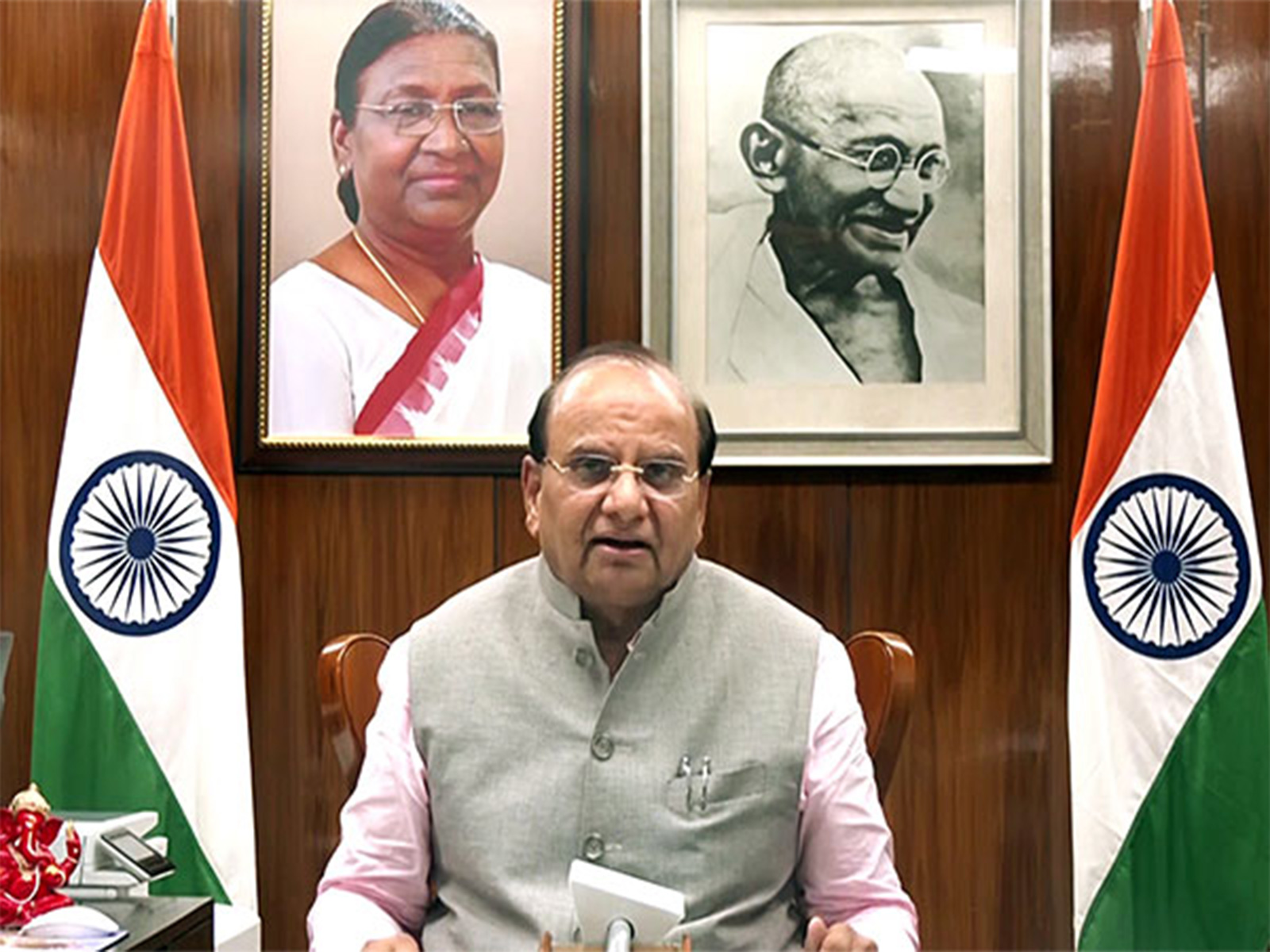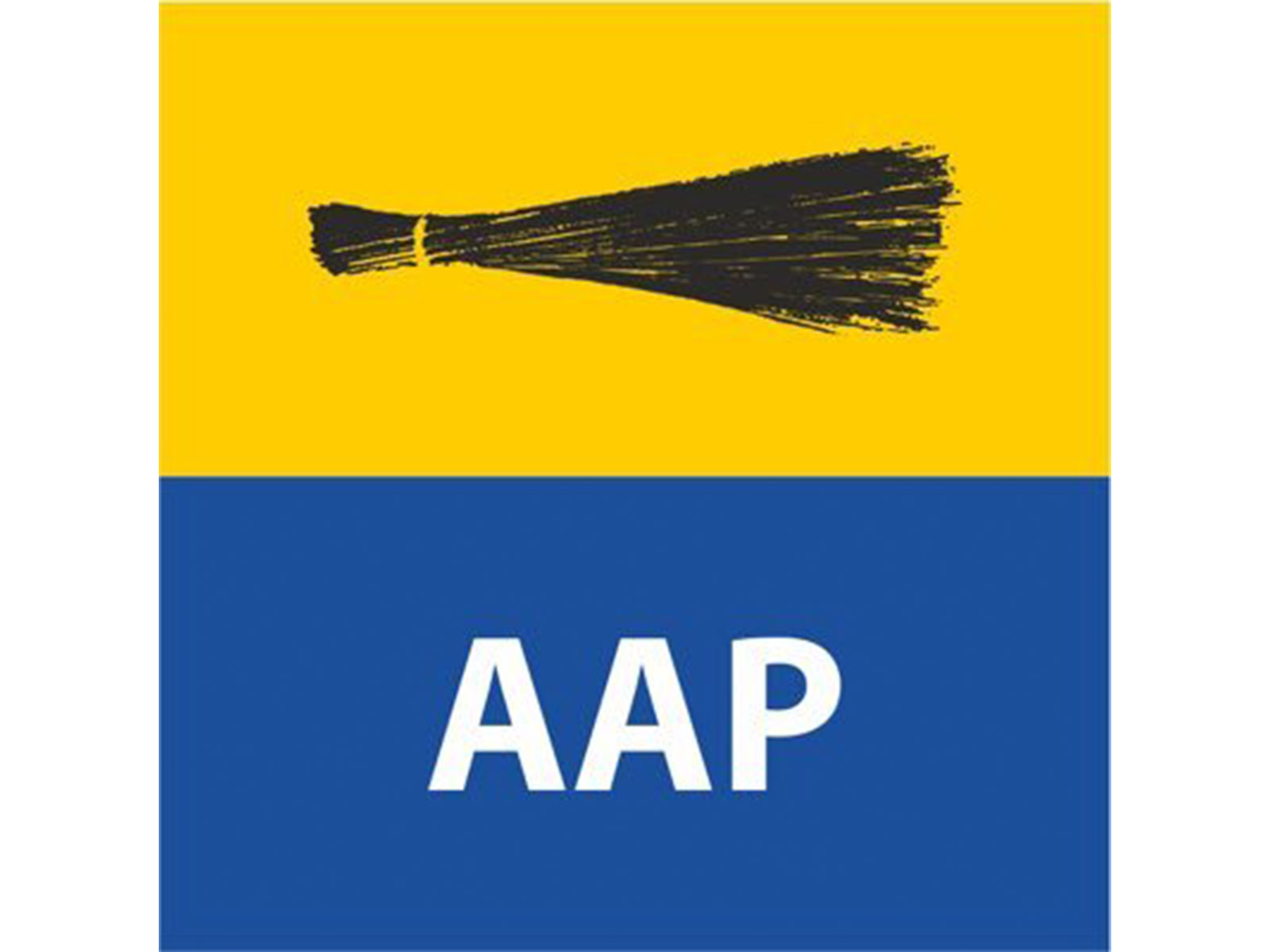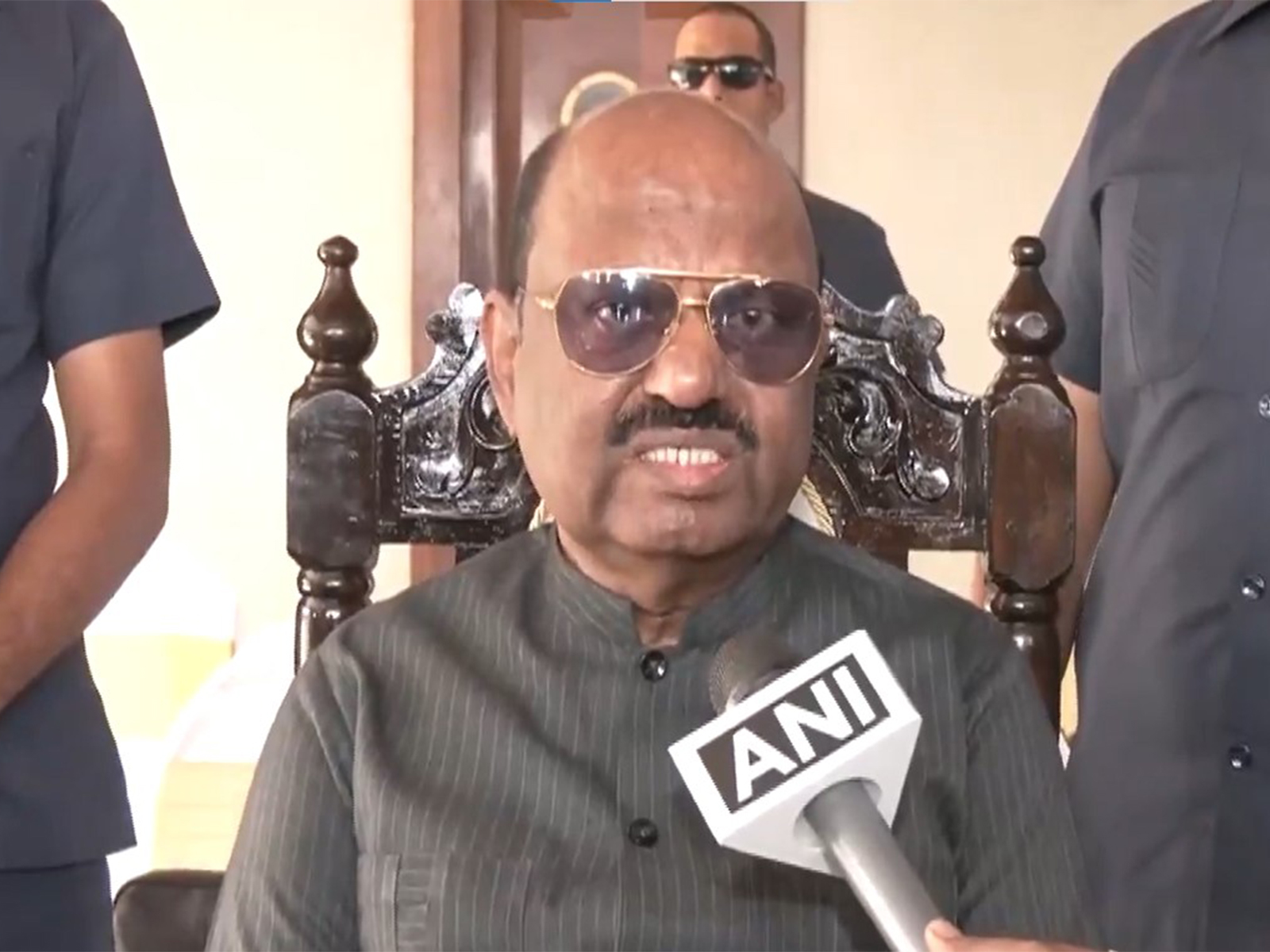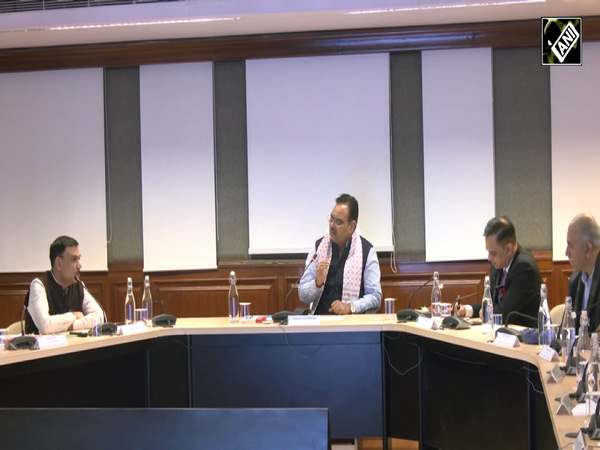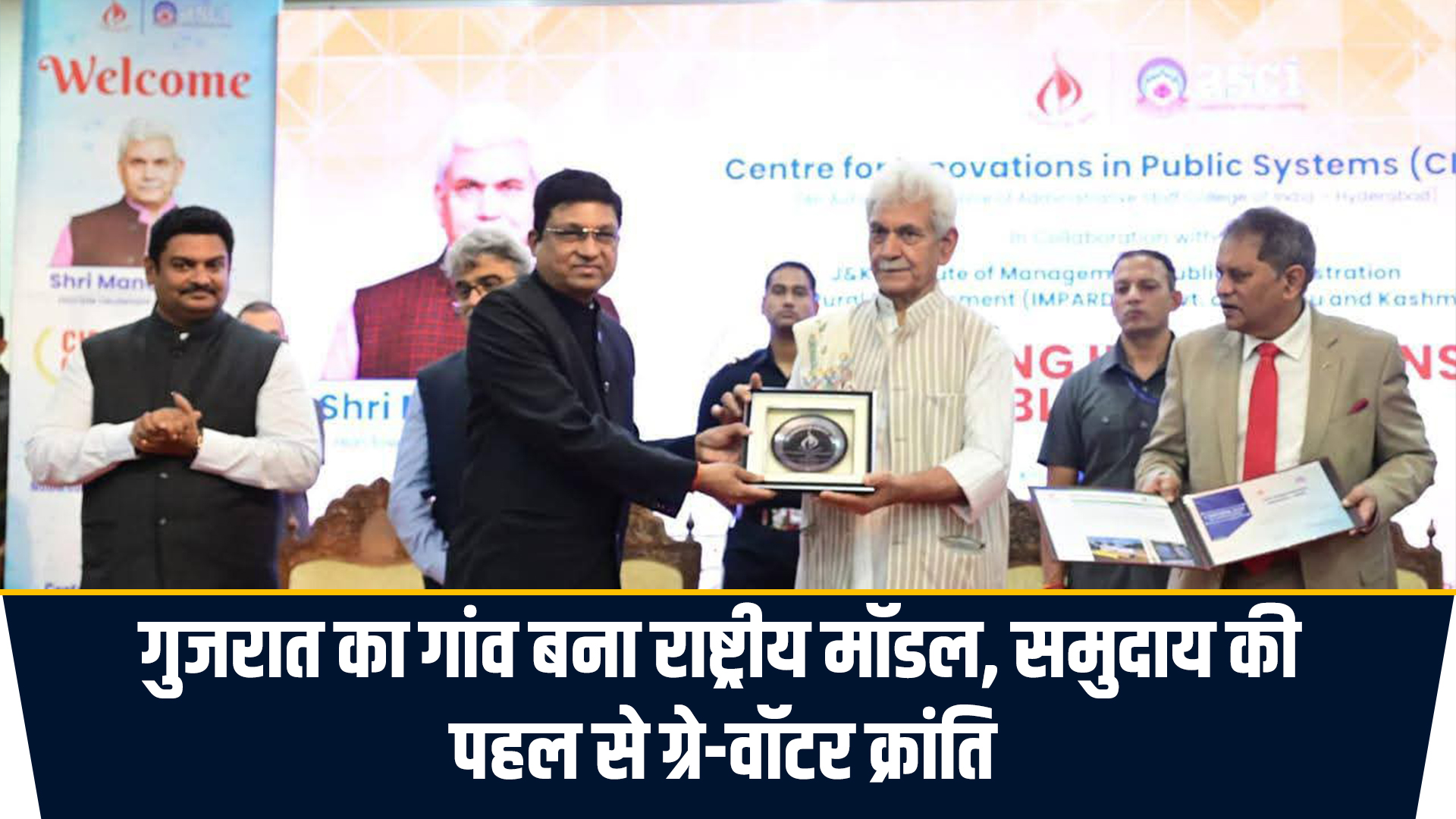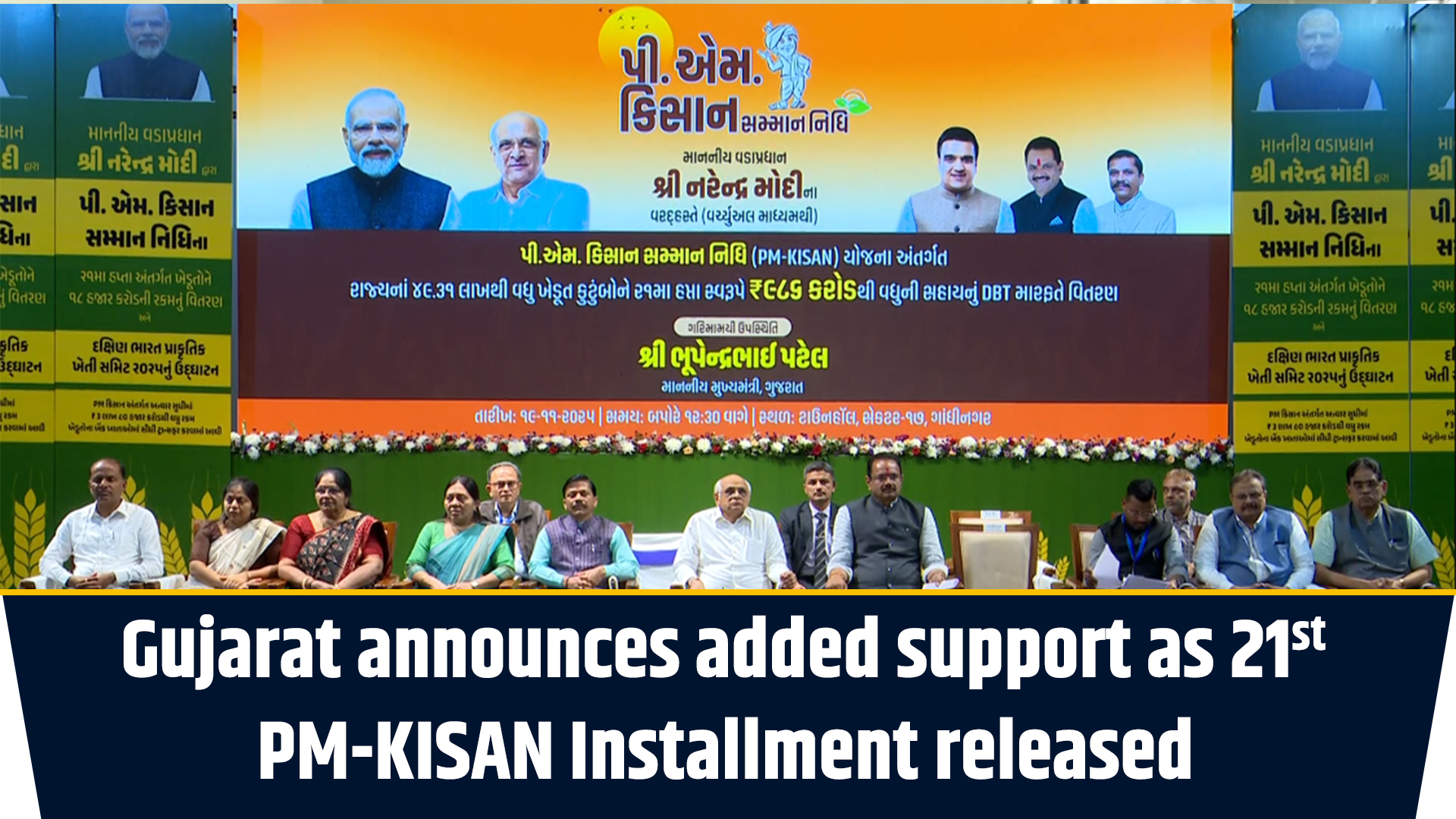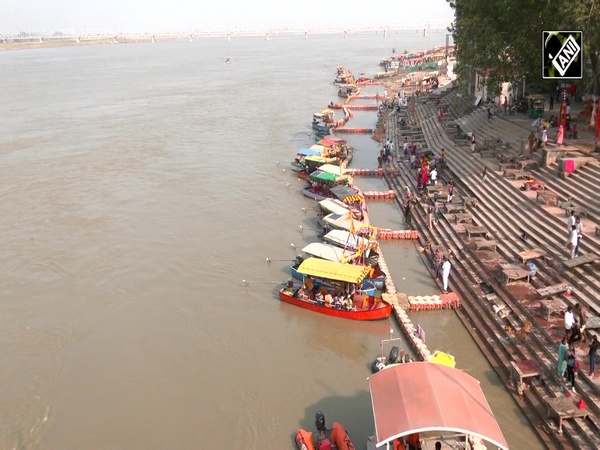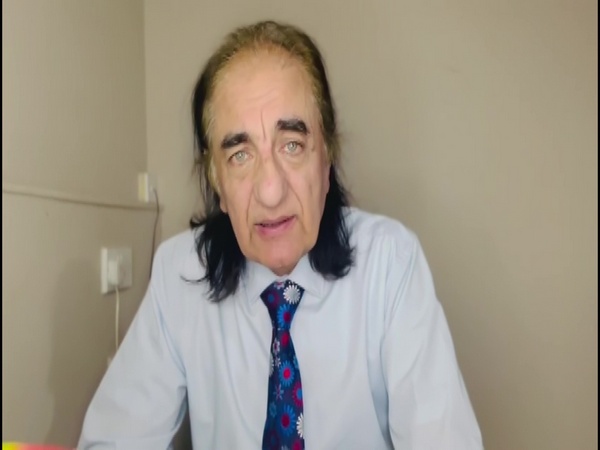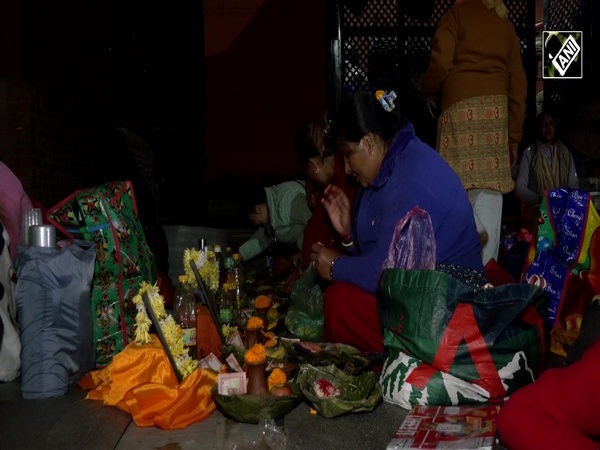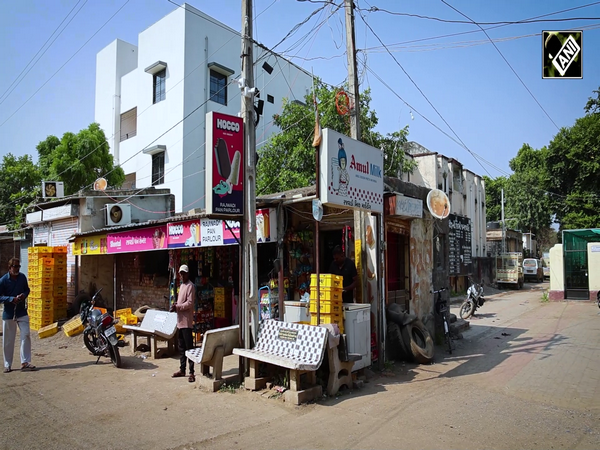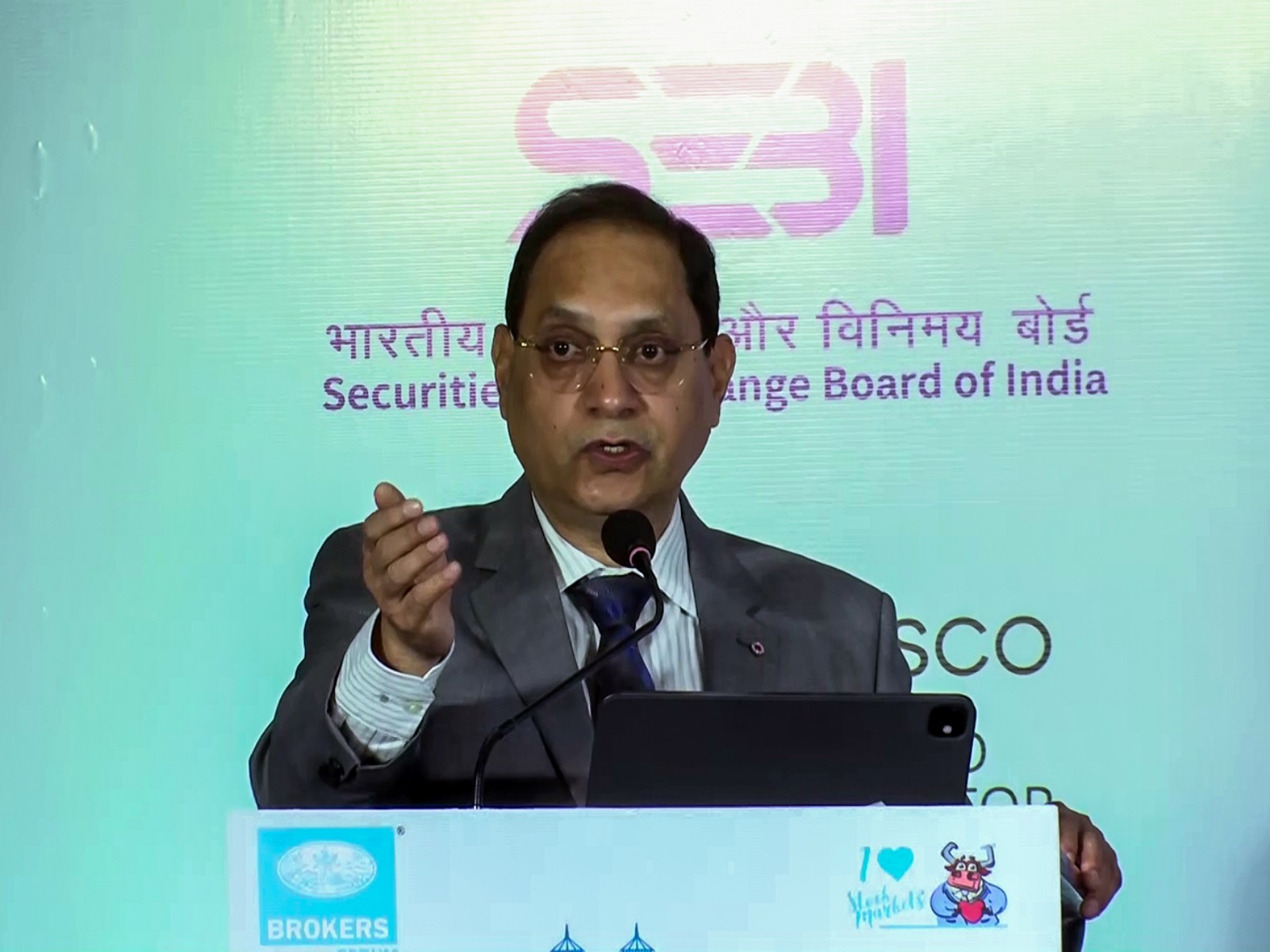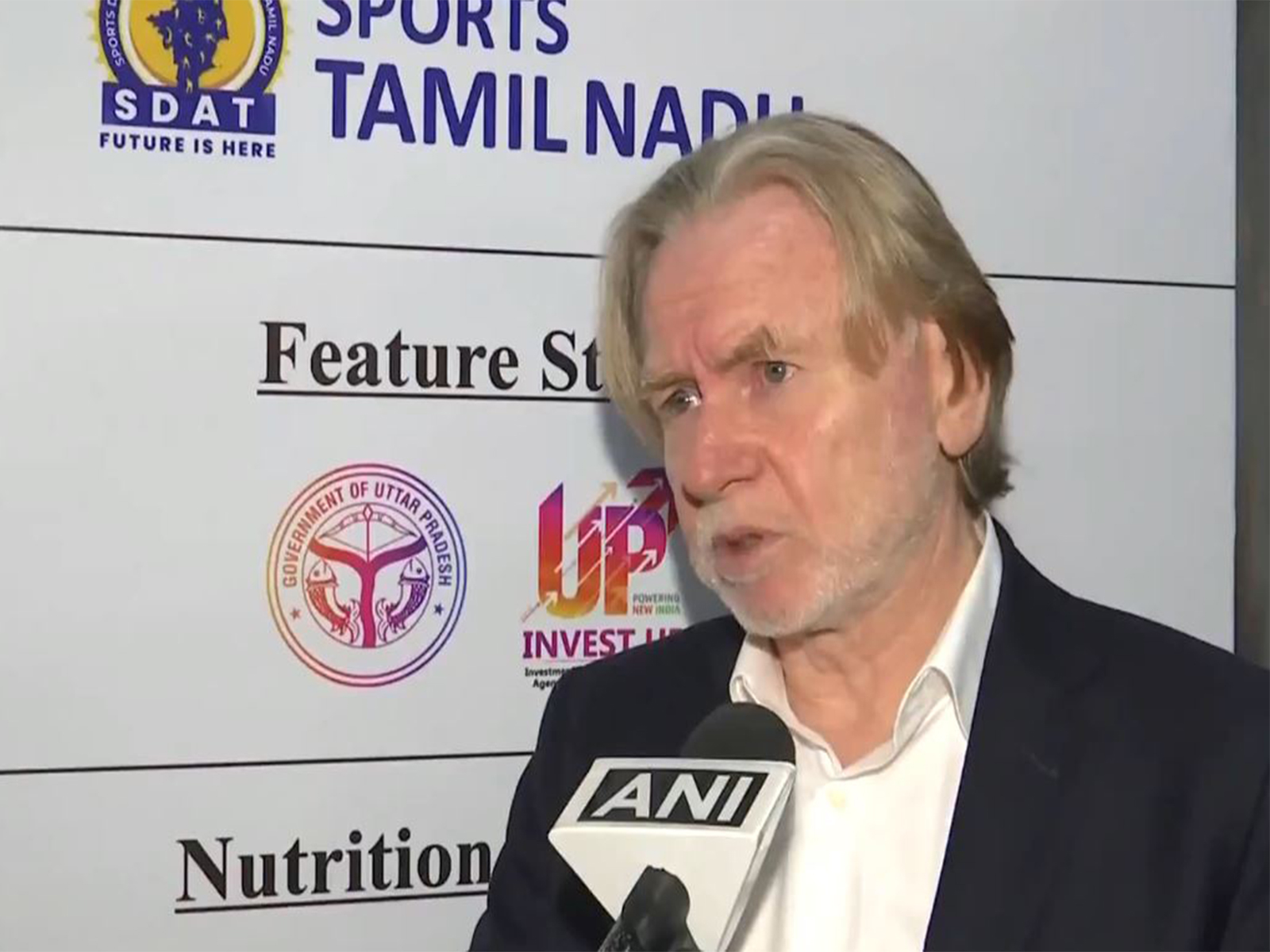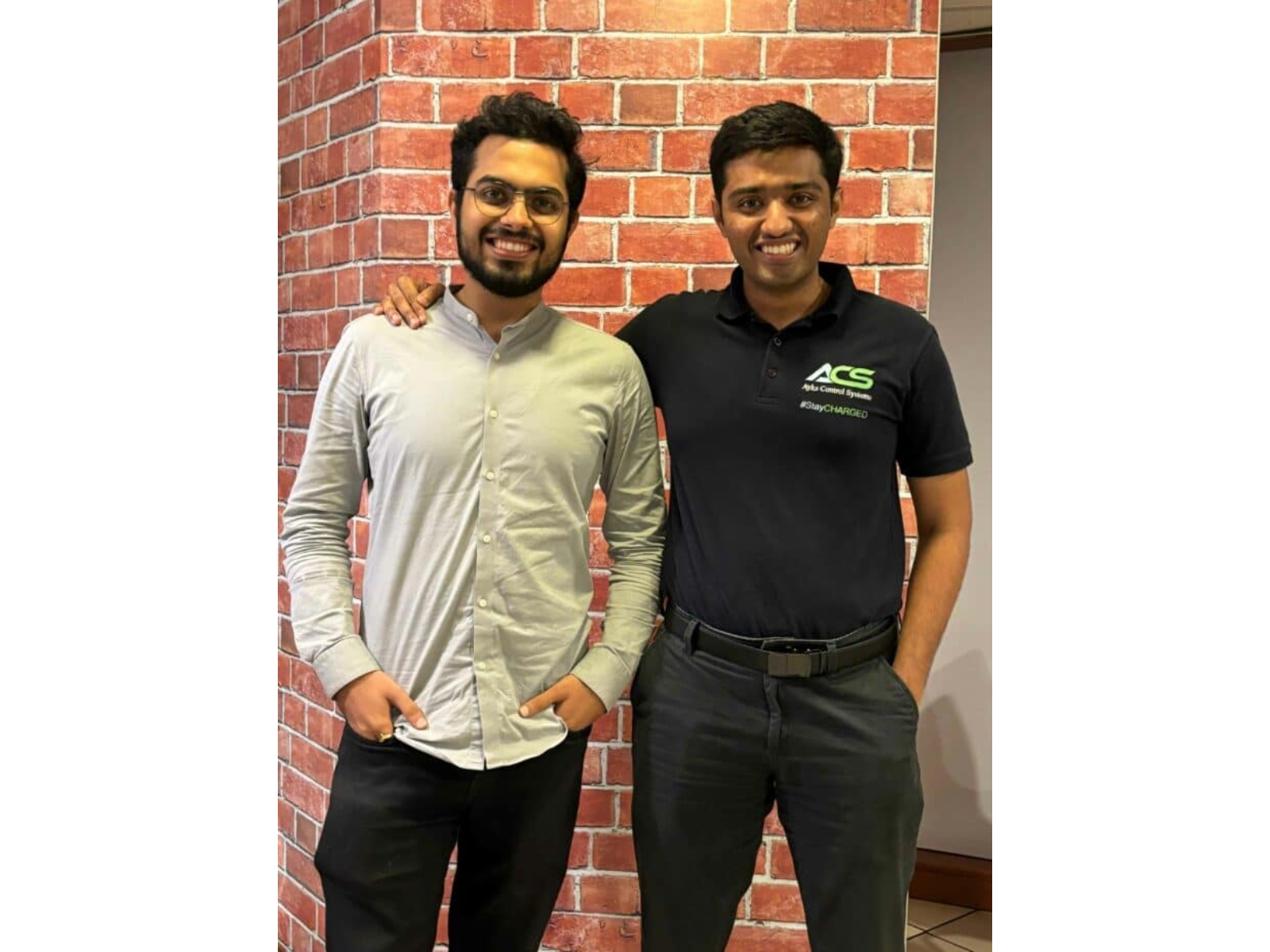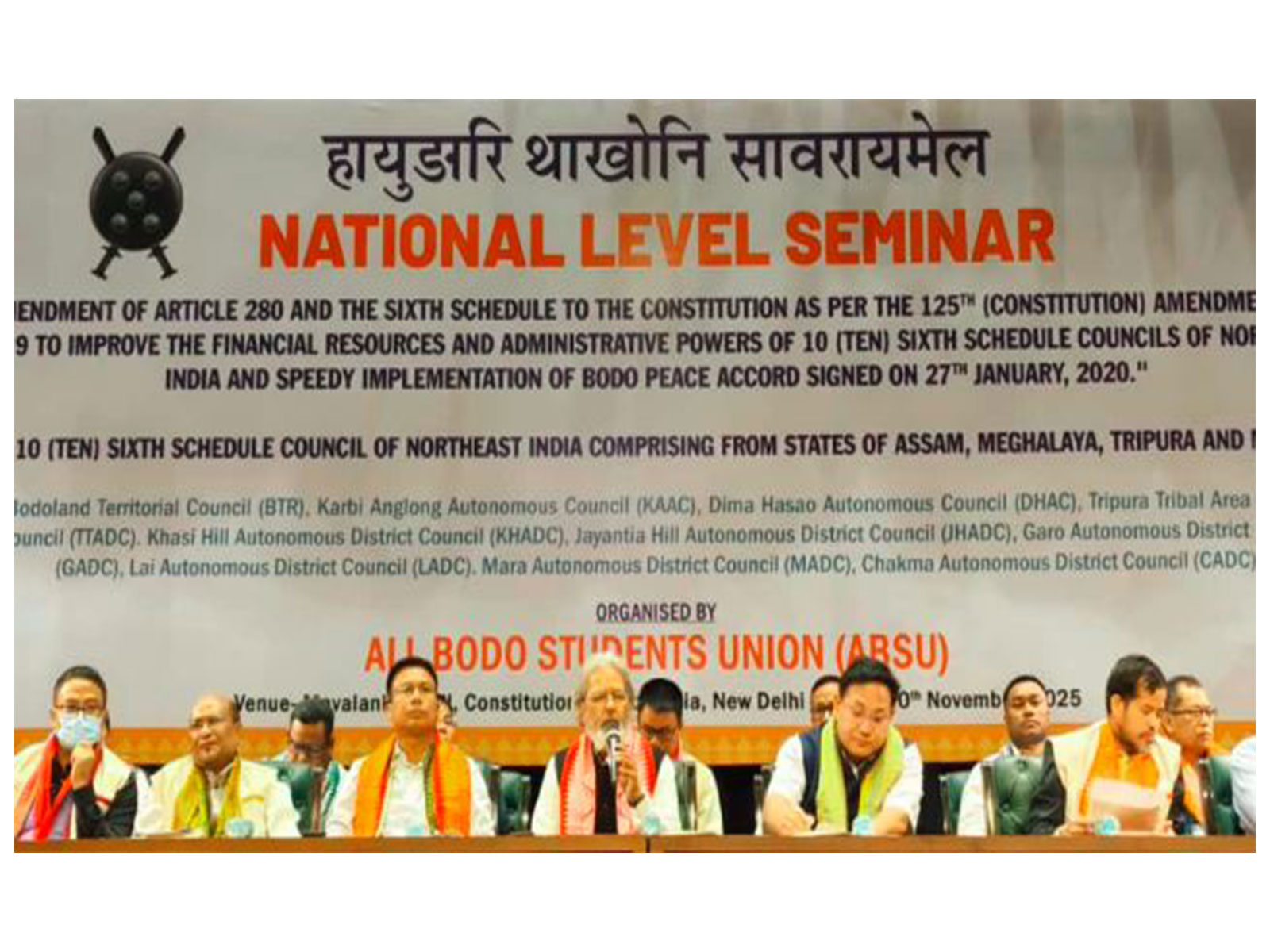
ABSU, Northeast leaders call for action on Sixth Schedule reforms, Bodo Accord implementation before Parliamentary Winter session
Nov 21, 2025
New Delhi [India], November 21 : A national seminar organised by the All Bodo Students Union (ABSU) at the Constitution Club of India brought together tribal autonomous district councils, constitutional experts, parliamentarians and movement organisations from across the Northeast to place a united appeal before the Union Government ahead of the winter session of Parliament, an official press release said.
The programme opened with tributes to Bodofa Upendranath Brahma and introductory remarks by Chairperson Prof. Ramesh Bhardwaj.
The gathering drew leaders including Pramod Boro, former CEM of BTR and signatory of the Bodo Accord; Sukla Charan Noatia, Minister for Tribal Welfare and Minorities, Tripura; Pyniaid Sing Syiem, former CEM, KHADC; Vijay Hansaria, Senior Advocate, Supreme Court; Sabda Ram Rabha, Senior Advocate, Gauhati High Court; Aditya Khakhlari, Secretary General, All Assam Tribal Sangha and Chief Coordinator, CCTOA.
Also present were Gobinda Basumatary; Nilo Kanta Goyary; Manuranjan Basumatary; Bijuel Nelson Daimary; Deputy CEM of BKWAC Romeo P. Narzary; Tamulpur MLA Jalen Daimary; former BTCLA Speaker Katiram Boro; former BTC Executive Member Ranjit Basumatary and Ex-NDFB Welfare Association President Rujugra Mosahary, along with representatives from BTR, BKWAC, Tripura, Meghalaya, etc.
Speaking on behalf of ABSU and the signatories of the Bodo Accord, President Dipen Boro, in his keynote address, said, "This seminar brings together tribal councils, movement groups and community leaders who have walked through many phases of struggle to secure constitutional safeguards and political rights. The amendments linked to Article 280 and the Sixth Schedule decide how our councils receive funds, exercise powers and plan development. They influence village councils, municipal structures and the responsibilities given to institutions in Bodoland and other Sixth Schedule areas."
"The Bodo Accord of 2020 promised a stronger council with wider subjects, improved financial autonomy and clear mechanisms for rehabilitation and development. Some clauses have progressed, while others remain incomplete, including full council restructuring, village bodies, land rights and the use of the Special Development Package. Review meetings have been held several times with senior officials. The next step must now come through Parliament. With this seminar, we place a clear appeal to pass the amendment to Article 280 and the Sixth Schedule in the forthcoming winter session and complete the Accord within the timeline already committed," he added.
Sharing Tripura's perspective, Minister Sukla Charan Noatia said, "The programme convened by ABSU gives strength to the concerns of tribal regions across the Northeast. In 2019, the Government of Tripura approved and sent a proposal to the Centre for an upgraded Sixth Schedule arrangement. That proposal followed extensive discussion and carried the expectations of our people, yet it remains pending. Our state carries a long history, from the period when it functioned as an independent kingdom to its merger with India in 1948. At that time tribal communities formed a majority."
"The latest census records tribal population at around 33%, which increases the need for a stronger council and firm constitutional support. The government of India has a duty to address the issues of the ten autonomous councils in the region. During the COVID-19 period, commitments were made on this subject. States such as Mizoram and Meghalaya have demonstrated how constitutional arrangements can support progress. We look forward to a practical solution for tribal communities and their councils," Minister Noatia added.
Highlighting the need for collective assertion from the autonomous councils, former KHADC, MDC, and opposition leader Titosstarwell Chyne said, "We have continued to pursue the matter of Sixth Schedule reforms. More than a year has passed since the meeting with the Union Home Minister, where a special committee was mentioned and an assurance was given that leaders of the autonomous district councils would be called for further discussions. That commitment brought hope to our councils. However, the absence of visible results has created concern and disappointment. This is why today's seminar in Delhi carries importance for all of us. It sends a message that the tribal councils of the Northeast remain united on their constitutional demands."
"The Khasi Hills Autonomous District Council stands with the demands raised here. Our support goes to the call for meaningful amendments and stronger councils. At times there is a feeling that tribal regions stand away from the core of national decision-making. A common platform for all councils can help address that feeling and present our case in an organised manner before the Union government," Chyne added.
Vijay Hansaria, the senior-most advocate of the Supreme Court and constitutional expert, said, "The Bodo Accord cannot stay as a document brought out for display without visible progress on the commitments inside it. People expect action on administration, finance, land and village-level structures. Trust was placed in this agreement, and that trust needs to see results on the ground. Tribal councils across the Northeast require stable funding from the Centre to function responsibly and plan long-term development."
"Without proper financial support, councils struggle with basic duties and community services. Many of them continue to face neglect in policy spaces, and that delay affects entire regions. The Northeast has shown its readiness to move forward; the next step must come from the Union Government with clarity and commitment." Hansaria added.
Recalling four decades of struggle and negotiations, former BTR Chief Executive Member and Bodo Accord signatory Pramod Boro said, "I thank ABSU for convening this seminar at a crucial moment. For nearly 40 years, Bodo people and other tribal communities in the Northeast have carried a long movement. During this period close to five thousand innocent lives were lost. The Bodo Accord is linked to that history; it holds the aspirations of families who accepted peace in the hope of a stable future. An accord cannot be treated like a campaign promise that fades after an election. It should be honoured as a commitment made to citizens. The document we signed in 2020 carries the imprint of sacrifice and trust."
"In recent years, several accords have been signed in the region, and all of them require firm support from the nation. The accord of 2020 followed a period when the Prime Minister spoke of a new beginning in Bodoland, and people responded with faith. We are hopeful that the 125th Amendment Bill will be taken up in this Parliament session so that the constitutional side of the accord can progress, and the message from Bodoland and the Northeast can be respected in full," he added.
The seminar closed with a joint appeal to the Union government and the government of Assam for time-bound implementation of pending clauses of the Bodo Accord, introduction of the constitutional amendment in Parliament and stronger financial and administrative provisions for the ten Sixth Schedule councils. Delegates will gather at Jantar Mantar for sit-in Dharna on November 21 to continue the call for constitutional progress, as per an official release.
